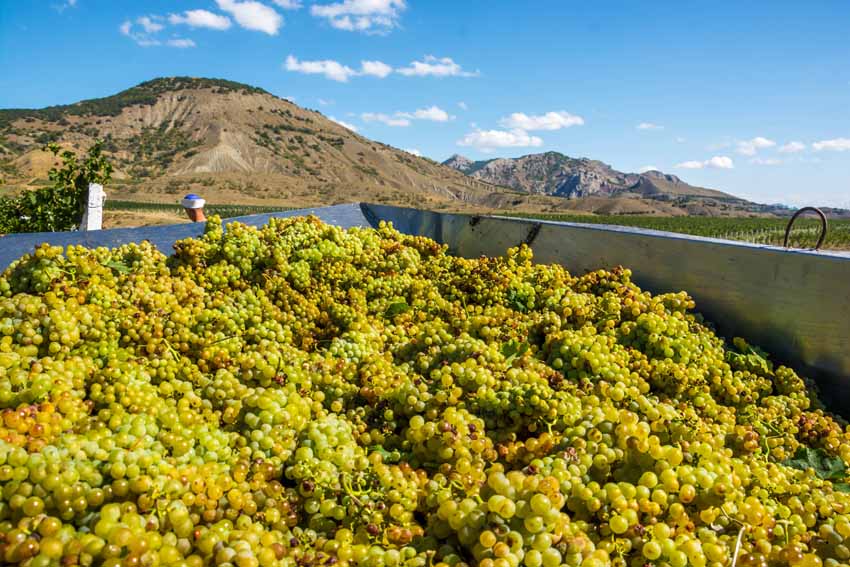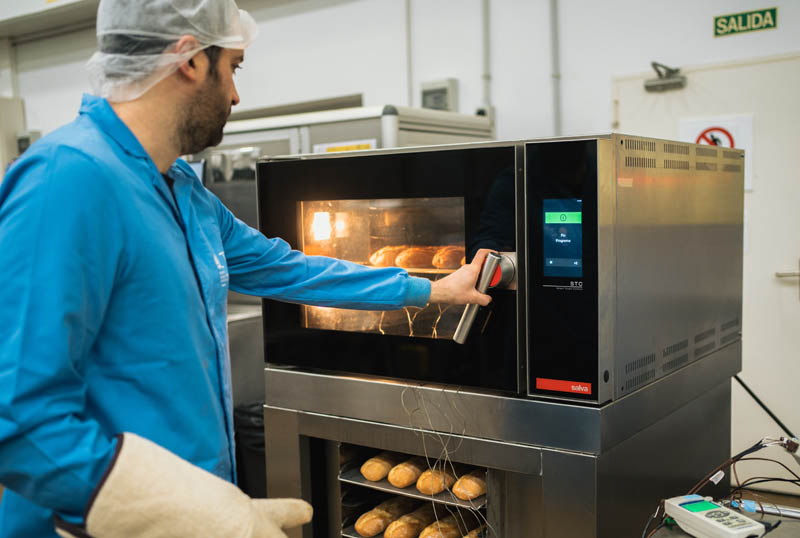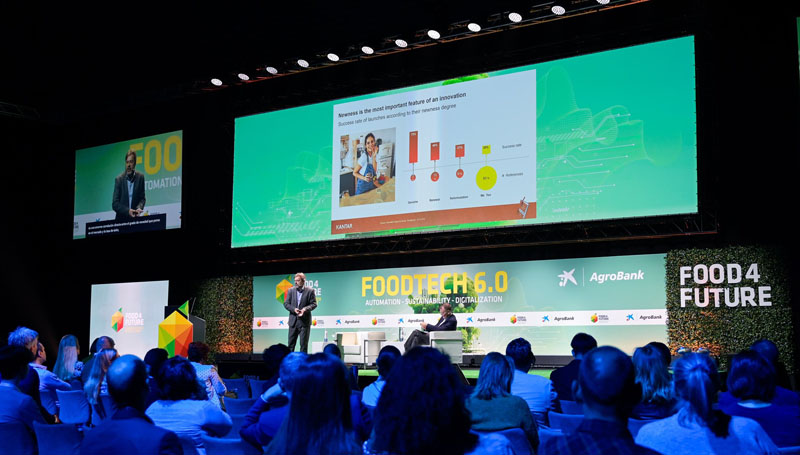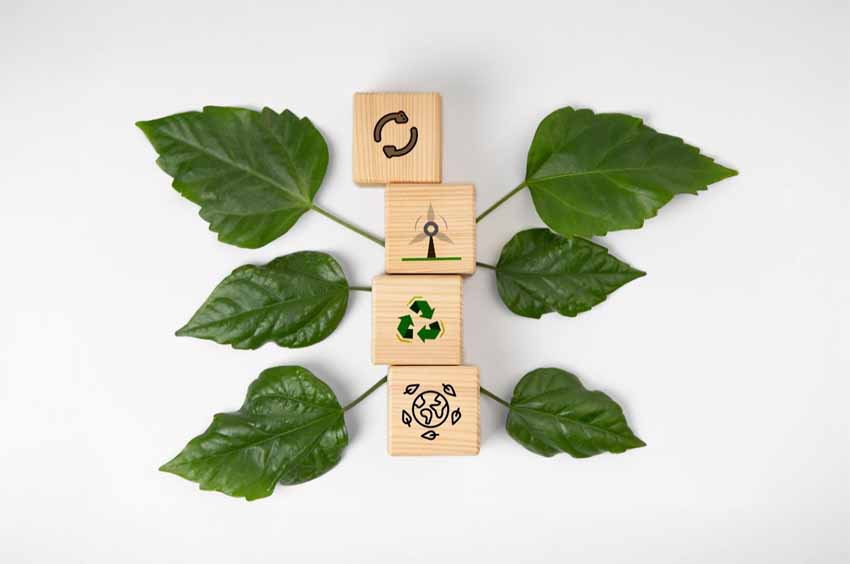How to handle and cook food to preserve its nutrients?
Últimas noticias
Una mirada LGTBIQ+ al reino animal
Circular Economy in Action: Valorisation of By-products through Projects like PRIMA NEWFEED
Strategic Perspectives: Highlights from the Food4Future World Summit for Business Leaders
MERCEDES CARO, MÓNICA IBARGUEN and ANA BARANDA. Experts in food processing. AZTI
The nutritional value of food is almost always altered by the type of processing it undergoes. Eating cooked food helps facilitate the digestion process and facilitates the absorption of many nutrients. However, it can also reduce the levels of some vitamins and minerals. Vitamins can be destroyed by factors such as heat, air and light. Here are some tips on how to handle and cook food to preserve its nutrients.
Índice de contenidos
Before cooking
- Vegetables should be well rinsed just before use.
- Peel the skin of vegetables as thinly as possible, and only when necessary. Many vegetables have a higher concentration of nutrients just under the skin.
- Cut vegetables into large chunks or cook them whole to preserve water-soluble vitamins and minerals.
- Use (when available) the outer layers and leaves of vegetables such as lettuce and cabbage. These have a higher concentration of vitamin C and carotenoids than those on the inside.
- Avoid leaching losses (the process by which a food loses vitamins washed away by water, either during washing or cooking) by not soaking vegetables in water for too long.
- Prepare salads just before serving.
If it is to be boiled or baked
Remember that cooking can lead to vitamin and mineral losses through leaching and temperature.
- Vegetables: wash, cut into large pieces, avoid soaking and peeling. Use little water and use it for other preparations (creams, soups, purées). Try to keep the pot covered.
- Frozen vegetables: cook them directly.
- Most suitable methods:
- Stewing: concentrates nutrients
- Pressure cooker: reduces time and water
- Microwave: cooking without water
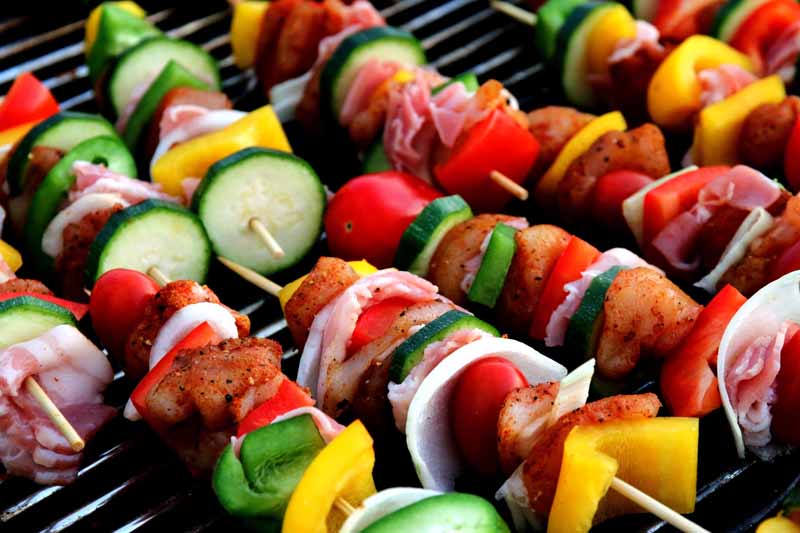
If it is to be baked, grilled or broiled
Roasting and grilling are closely related cooking methods, as both use indirect, dry heat to cook food. There are some concerns related to grilling, due to the generation of hazardous substances (polycyclic aromatic hydrocarbons, PAHs), which have been associated with cancer. Some tips related to grilling and barbecuing are:
- Cut into large chunks. Keep temperatures high and times short.
- Avoid direct contact with flames
- Do not poke or crush the piece while grilling.
- Salt when colour appears to prevent water loss.
- Avoid burning the pieces
- Use the “papillote” to cook fish with vegetables. It will maintain the flavour, aroma and nutrients
If it is to be fried
Frying involves cooking food in a large amount of fat, usually oil, at a high temperature. Through this process, fat is transferred to the food, which can range from 10% to 40%, increasing the overall caloric value. In addition, when oil is heated at high temperature for a long time, some toxic substances (aldehydes) are formed. Aldehydes have been linked to an increased risk of cancer and other diseases. There are many variables that affect the amount of aldehydes produced, such as the type of oil, temperature and cooking time. Some tips:
- Use olive oil (withstands high temperatures better).
- Fry at 180°C (160-165°C in a high-efficiency fryer) and introduce the food with the oil very hot. In this way, the hot oil will form an outer crust, preventing the oil from penetrating into the food.
- Choose foods/cuts with a smaller surface/area ratio.
- When frying fish, use the thinnest cuts or portions.
- When frying meat, it is better to use a cut that is not too thin, as this preserves juices and nutrients better.
- When frying vegetables, bread or coat them in advance to form a crust. This will prevent the inside from absorbing the oil, avoiding loss of nutrients and softening of the food.
- Cook for just the right amount of time, until the food is golden brown.
- Once fried, place the food on absorbent paper or a grid to remove excess oil. Quickly filter used oil to remove debris and particles.
All these tips can give us some clues on how to cook food to preserve its nutrients. By taking them into account, we can improve the nutritional value of our meals on a daily basis.
